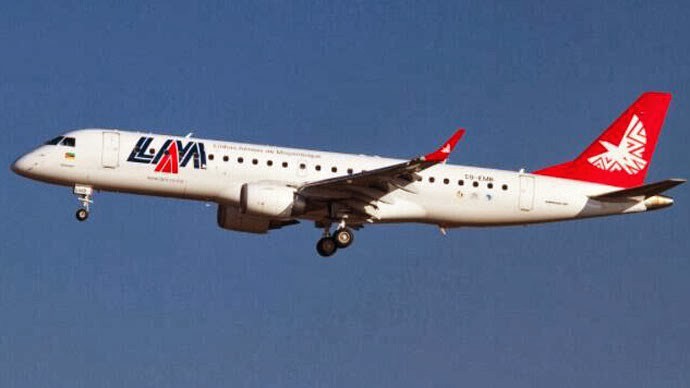
Nov. 2014—Mozambique is among the most attractive tourist and investment destinations in southern Africa with its significant natural and cultural assets. So where are the tourists? They are choosing more affordable vacation destinations, partly because of the high cost of flying in this country of more than 300,000 square miles.
Protectionist policies in Mozambique have severely constrained the development of air transportation, tourism and other key sectors such as agriculture and manufacturing. In aviation services, this protectionism keeps customers from the entire travel and tourism chain, including hotels, restaurants, resorts, car rentals, computer reservation systems, entertainment and cultural attractions.
Mozambique Airlines (LAM), the country’s flag carrier, operates in a quasi-monopolistic environment, offering very high rates and unreliable service. This situation was exacerbated by a tragic air crash late in 2013, leading to the loss of more than 30 lives.
USAID’s Support Program for Economic and Enterprise Development (SPEED) facilitated a series of business briefings and workshops from April to June 2014 with public and private stakeholders to promote dialogue on the issue of air transport liberalization, or “open skies.” An assessment by the Confederation of Trade Associations (CTA), with support from USAID, found that the air transportation sector in Mozambique has been impeded by the government’s monopolistic influence as a policy maker, regulator and owner/operator of LAM and airport operations.
According to CTA, a first step to stimulate competitiveness requires the separation of roles and responsibilities in the country's air transport services. Hipólito Hamela, CTA’s economic adviser, points out that it is critical to find solutions to the high cost of air transportation in the country to promote tourism development and to reduce the cost of doing business with and within Mozambique.
With broad engagement from both the private sector and civil society, Mozambique’s Civil Aviation Authority has embarked on reforming the country’s air transportation, which includes reviewing existing laws, creating bilateral agreements, and negotiating freedoms of the air—a set of commercial aviation rights granting a country’s airlines the privilege to enter and land in another country’s airspace.
The Government of Mozambique is also restructuring LAM and working to attract more investments as the private sector is now more actively engaged in the promotion of civil aviation reforms.
“More players in the market will not only increase the business case for Mozambique Airlines, but will also promote affordable prices that will, in turn, attract more tourists into the country,” says João das Neves, CTA’s vice president for tourism.
The SPEED program, which runs from August 2010 to February 2015, aims to improve the business environment in Mozambique by having more companies doing more business, resulting in increased trade and investment and a stronger competitive position.
LINKS
Follow @USAIDMozambique, on Facebook, on Flickr, on YouTube







Comment
Make a general inquiry or suggest an improvement.